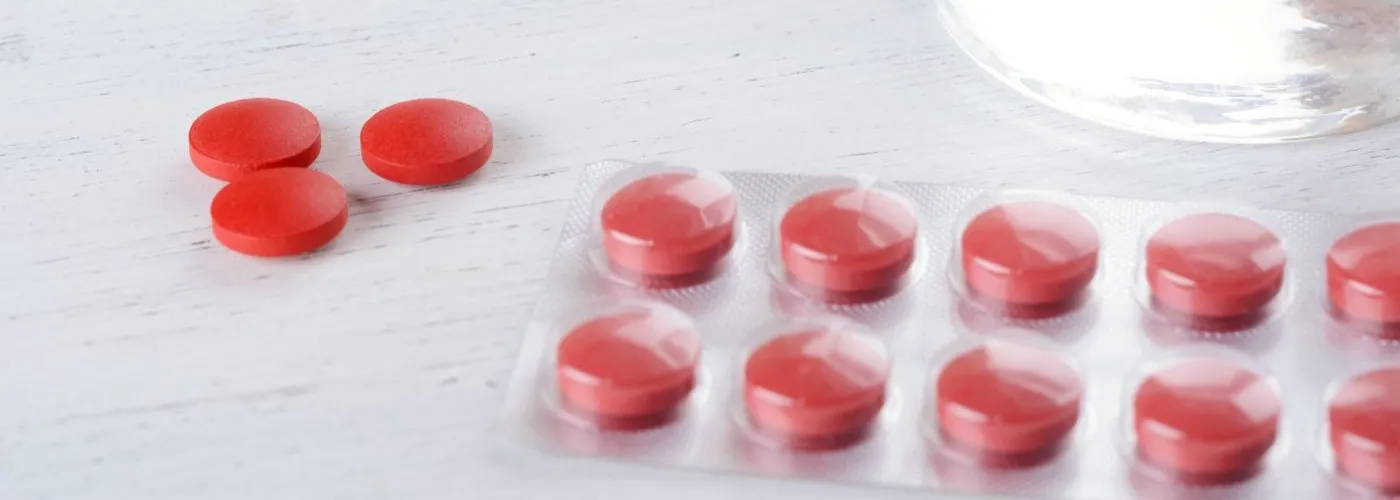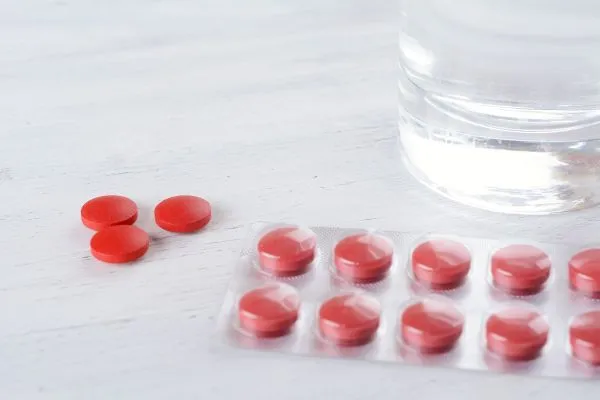Topics
Understanding the Role of Blood Thinners
Blood thinners are medications used to prevent the formation of new blood clots and to stop existing clots from increasing in size. Although they do not dissolve clots that are already present, their use is critical in preventing serious complications such as heart attacks, strokes, and blockages in major blood vessels.
Preparing for Blood Thinner Therapy
Before commencing treatment with blood thinners, it is essential to consult with your healthcare provider. This ensures that the medication is appropriate for your specific health needs. Key steps include:
- Undergoing a full medical assessment, especially if there are existing conditions like kidney or liver disease.
- Reviewing all current medications, including supplements and over-the-counter remedies, to identify potential interactions.
- Discussing any allergies or past adverse reactions to medication.
Dietary Considerations While Taking Blood Thinners
Diet plays a significant role in how blood thinners, especially warfarin, function in the body.
- Vitamin K: Found in leafy greens like spinach, kale, and broccoli, vitamin K can reduce warfarin's effectiveness. It is important not to eliminate these foods but to consume them consistently.
- Alcohol: Excessive alcohol intake may increase bleeding risks. Moderation is crucial to avoid adverse effects.
Medications and Supplements to Avoid
Certain medications and supplements can interact negatively with blood thinners. To ensure safety:
- Avoid NSAIDs (e.g., ibuprofen, aspirin) and herbal remedies such as ginseng, garlic, and ginger unless approved by a healthcare professional.
- Be cautious with antibiotics such as ciprofloxacin, which may affect blood thinner levels.
- Regular Monitoring: If taking warfarin, consistent monitoring of INR levels helps maintain safe and effective dosing.
Responding to Bruising and Bleeding
Should you experience easy bruising or unusual bleeding:
- Observe and document symptoms and seek medical advice promptly if they worsen.
- Inform your doctor of any recent changes to your medication or supplement intake.
- Minimise the risk of injury by avoiding contact sports or activities with a high risk of physical impact.
Schedule an Appointment at Gleneagles Hospitals
The safe use of blood thinners requires comprehensive care and professional oversight. At Gleneagles Hospitals, our experienced specialists offer individualised treatment plans, regular monitoring, and tailored lifestyle advice to ensure optimal outcomes. With advanced diagnostic tools and a commitment to patient safety, we support you in managing your medication effectively.
To learn more or to schedule an appointment, please visit our website or download the My Health 360 application at the Google Play Store or the Apple App Store. Your safety and well-being are our priority.


.webp?sfvrsn=3745c919_7)





